The goal of the Outside In series is to showcase the ways in which local-born and immigrant people and/or communities may experience the same thing in vastly different ways, and also sometimes in the same way. This series is not just about pointing out differences, nor is it about painting one side as negative or “wrong,” but simply about exploring the idea that there are multiple realities, all of which are valid.
Raising children, no matter which country you do it in, can have its challenges. In Denmark, the challenges are not so much about the cost of childbirth or daycare; both of these things are subsidized as part of the Danish welfare system. There is an established framework for childcare that supports parents being able to work.
If a family has two parents, both can share parental leave. During the first year of a child’s life, the primary caregiver or birthing parent generally takes up to a year of paid leave, while the other parent uses some of the parental leave to spend time with their child and help the primary caregiver transition back to work, if necessary.
In Denmark, you can choose to send your child to a daycare institution (vuggestue for babies and børnehave for toddlers) or in-home daycare (dagpleje) for very small children, generally used by parents have to return to work before the child is six months old, or parents who have not been able to secure a place at a daycare (there’s a waitlist that you have to sign on to when your child is four months old). Parents receive a quarterly stipend per child from the government until the kids turn 18, called børnepenge (“child money”), which is ostensibly meant to be used as a way to off-set the already-subsidized childcare costs.
There is also a discount given when a family has multiple children in daycare at the same time. Out-of-pocket costs for childcare are no more than 30% of the actual cost, so government subsidies make up the other 70%.
How much is childcare in Denmark?
The cost of childcare, in Copenhagen (there is some variation city by city in Denmark), is:
– 3.950 DKK/month for children in vuggestue (includes lunch)
– 2.541 DKK/month for children in børnehave (includes lunch)
– 3.368 DKK/month for children in dagpleje (includes lunch)
So, what’s do you need to know about childcare in Denmark? We asked two parents, Dina, a Dane, and Liza, an American living in Denmark, to share their insights.
View from the Outside In: Liza Gibbs FoxLiza, 44, and her husband, Ben, 42, are from Washington (USA) and have been living in Denmark since 2009. They are professional classical musicians working in Denmark. They have two daughters. Rainey, the oldest daughter, is seven, and Esme, the youngest daughter, is 20 months. | View from the Inside Out: Dina M. SchrohlDina, 36, and her husband Kenneth, 40, are Danish and live with their five year old daughter Malou and their two month old son Jonathan. Dina is on maternity leave until 2021 but is a school teacher for kids with special needs, and her husband works in change management. |
View from the Outside In: Liza Gibbs FoxLiza, 44, and her husband, Ben, 42, are from Washington (USA) and have been living in Denmark since 2009. They are professional classical musicians working in Denmark. They have two daughters. Rainey, the oldest daughter, is seven, and Esme, the youngest daughter, is 20 months.
View from the Inside Out: Dina M. SchrohlDina, 36, and her husband Kenneth, 40, are Danish and live with their five year old daughter Malou and their two month old son Jonathan. Dina is on maternity leave until 2021 but is a school teacher for kids with special needs, and her husband works in change management. |
 Types of Childcare in Denmark
Types of Childcare in Denmark
Do you use any daily childcare? If so, are you happy with it?
Outside In: Liza Gibbs FoxOur little one goes to daycare (vuggestue) up the street from us and our older one is in folkeskole (primary and secondary education) now. She goes to the European School Copenhagen. With børnehave and vuggestue, there’s definitely a learning curve with the cultural stuff, such as figuring out what’s expected of the parents. It’s easier with the second child, of course. Overall I think we’ve been really lucky. We’re super psyched about the European school! A neighbor on our street has older kids and told us that she tried other daycares in the neighborhood, and she was unhappy with them until she started using the vuggestue on our street. So I think we just got lucky that the daycare that was closest to us happened to be best one in the neighborhood! |
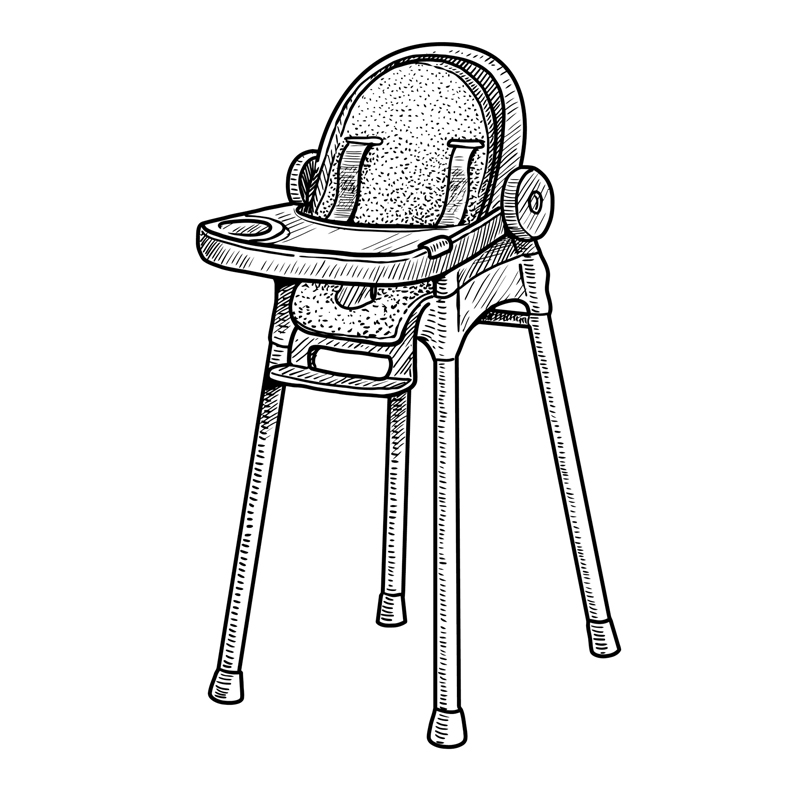 | Inside Out: Dina M. SchrohlYes, our older daughter goes to daycare; a combination børnehave and vuggestue. [Ed note: this is a common set up for childcare institutions in Denmark].
|
Outside In: Liza Gibbs FoxOur little one goes to daycare (vuggestue) up the street from us and our older one is in folkeskole (primary and secondary education) now. She goes to the European School Copenhagen. With børnehave and vuggestue, there’s definitely a learning curve with the cultural stuff, such as figuring out what’s expected of the parents. It’s easier with the second child, of course. Overall I think we’ve been really lucky. We’re super psyched about the European school! A neighbor on our street has older kids and told us that she tried other daycares in the neighborhood, and she was unhappy with them until she started using the vuggestue on our street. So I think we just got lucky that the daycare that was closest to us happened to be best one in the neighborhood!
Inside Out: Dina M. SchrohlYes, our older daughter goes to daycare; a combination børnehave and vuggestue. [Ed note: this is a common set up for childcare institutions in Denmark].
|
 What is Danish Childcare like?
What is Danish Childcare like?
What are the characteristics of childcare in Denmark that make it unique from other places?
Outside In: Liza Gibbs FoxI have never had kids in another place, so I really only compare to my sister’s experience. It’s great that childcare is so heavily subsidised. It’s very cheap compared to the United States. I think that the people who are working. especially the pedagogues (trained teachers), are really well-educated in their field. I definitely noticed a difference between Rainey and her cousin in the US.
The pedagogues will kind of push you to continue at home with what they’re doing in the classroom. They’ll say, for example, your child doesn’t need to have a highchair with restraints, she needs to get in and out by herself. They expect a lot from the kids, but the kids really can do it. |
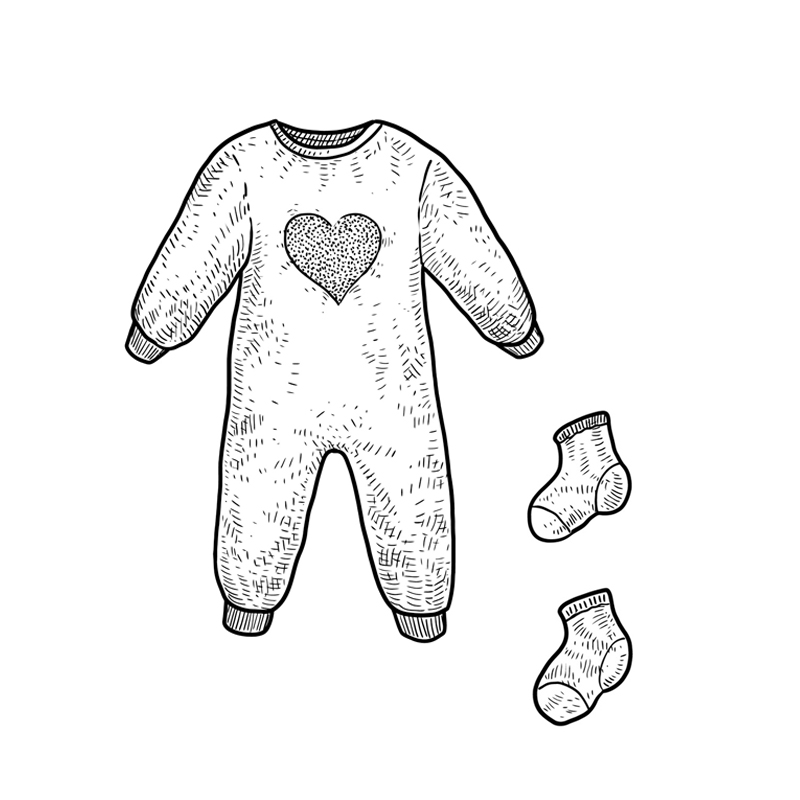 | Inside Out: Dina M. SchrohlI think that, in Denmark, kids spend quite a lot of hours in daycare compared to other countries? I’m not sure about that, but it is my perception. I believe many moms in the UK stay home with their kids. In Denmark, we put our children in daycare and they spend lot of their day there. And I think it’s unique that we prefer daycares that have a playground attached. We wouldn’t have a daycare without a playground, I think. To me, two things characterize childcare in Denmark: democracy and equal rights for everybody. In regards to democracy. I mean that that every childcare has a board of directors where the parents also are represented. Parents can establish a parenting board as well. This gives all parents an opportunity to have a say when it comes to what goes on in the daycare. Children are also taught to act and think democratically. From their time in daycare, they learn to share, to listen to each other, and to compromise.
|
Outside In: Liza Gibbs FoxI have never had kids in another place, so I really only compare to my sister’s experience. It’s great that childcare is so heavily subsidised. It’s very cheap compared to the United States. I think that the people who are working. especially the pedagogues (trained teachers), are really well-educated in their field. I definitely noticed a difference between Rainey and her cousin in the US.
The pedagogues will kind of push you to continue at home with what they’re doing in the classroom. They’ll say, for example, your child doesn’t need to have a high chair with restraints, she needs to get in and out by herself. They expect a lot from the kids, but the kids really can do it.
Inside Out: Dina M. SchrohlI think that, in Denmark, kids spend quite a lot of hours in daycare compared to other countries? I’m not sure about that, but it is my perception. I believe many moms in the UK stay home with their kids. In Denmark, we put our children in daycare and they spend lot of their day there. And I think it’s unique that we prefer daycares that have a playground attached. We wouldn’t have a daycare without a playground, I think. To me, two things characterize childcare in Denmark: democracy and equal rights for everybody. In regards to democracy. I mean that every childcare has a board of directors where the parents also are represented. Parents can establish a parenting board as well. This gives all parents an opportunity to have a say when it comes to what goes on in the daycare. Children are also taught to act and think democratically. From their time in daycare, they learn to share, to listen to each other, and to compromise.
|
 Childcare & Work Life
Childcare & Work Life
How do you think the childcare in Denmark shapes your work life?
Outside In: Liza Gibbs FoxMy husband and I are both classical musicians, so our work life is not so typical. In normal times, we’re both working a lot in the evenings at concerts. I know musicians who had tried childcare institutions that have night hours, but they were not happy with them, so we have never tried it ourselves. Instead, we stick with the regular childcare institutions, and they have been great for us.
So sometimes we have to ask a neighbour if they can pick up the kids, or something like that, but we try to just using the babysitters. |
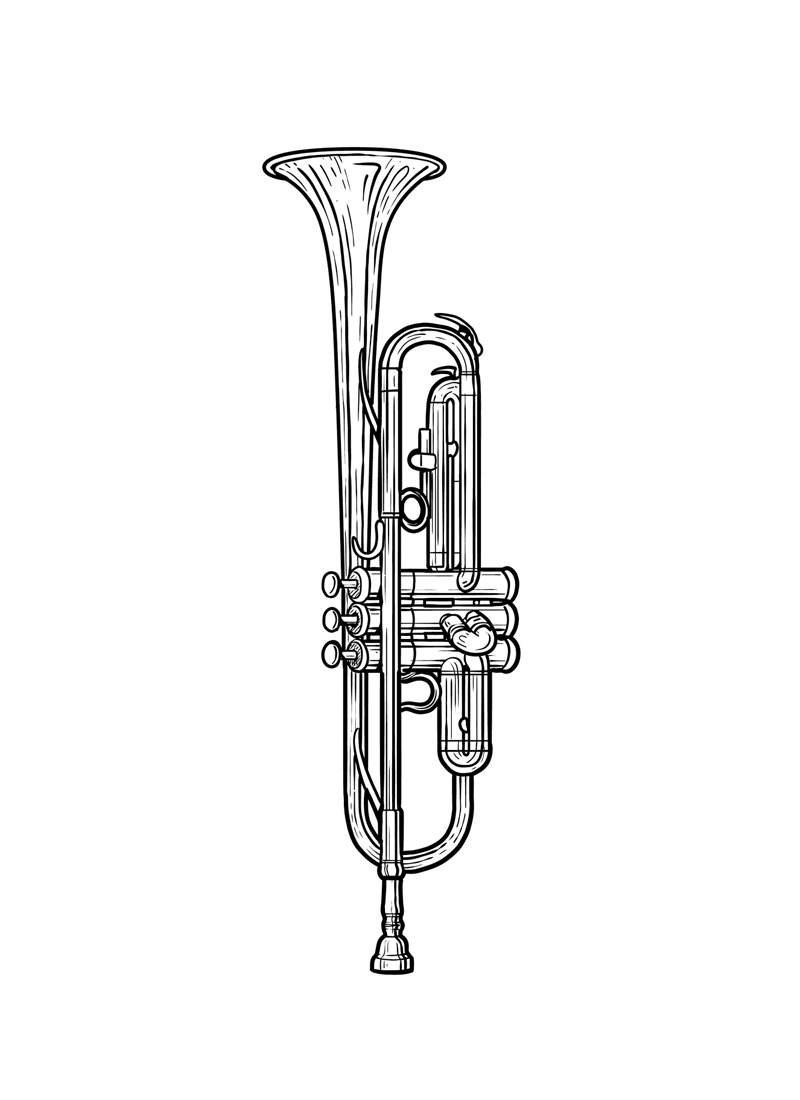 | Inside Out: Dina M. SchrohlOur children are in daycare for quite a lot of hours per day. They open early, and they close up late. [Ed note: daycare hours are typically 9 am – 4 pm, with early morning drop off and late afternoon pick up options].
|
Outside In: Liza Gibbs FoxMy husband and I are both classical musicians, so our work life is not so typical. In normal times, we’re both working a lot in the evenings at concerts. I know musicians who had tried childcare institutions that have night hours, but they were not happy with them, so we have never tried it ourselves. Instead, we stick with the regular childcare institutions, and they have been great for us.
So sometimes we have to ask a neighbour if they can pick up the kids, or something like that, but we try to just use the babysitters.
Inside Out: Dina M. SchrohlOur children are in daycare for quite a lot of hours per day. They open early, and they close up late. [Ed note: daycare hours are typically 9 am – 4 pm, with early morning drop off and late afternoon pick up options].
|
 Childcare & Personal Life
Childcare & Personal Life
How you think the childcare in Denmark shapes your personal life?
Outside In: Liza Gibbs FoxFor us, being able to have the kids in daycare really frees us up, both professionally and personally. I can’t really imagine being a stay-at-home mom; I’m a person who needs my time to myself. I just don’t know how anybody gets anything done in the US, with the childcare situation there. When you’re with them 24/7 [during the pandemic], it’s so exhausting. I feel like I’m not giving enough to them. With the institutions here they do really great activities; they go on walks to the beach and do creative things. Plus all of the basic educational stuff. I really trust what they’re doing there. As far as Denmark goes, childcare might be one of the best things about being here. It’s great; they’ve invested a lot in it. I have a lot of friends in the United States who are also musicians, and in the US, childcare is so prohibitively expensive. You don’t go to work unless you’re making a lot of money.
I don’t know if it’s an intended result in Denmark, but I think the childcare system encourages primary caregivers to re-enter the workplace after they have kids, so that’s probably good for the economy too. |
 | Inside Out: Dina M. Schrohl
I do run two to three times a week, and that is my free-space! Aside from that, that I have a lot of great friends with whom I spend time, mostly during the weekends after the kids are in bed. |
Outside In: Liza Gibbs FoxFor us, being able to have the kids in daycare really frees us up, both professionally and personally. I can’t really imagine being a stay-at-home mom; I’m a person who needs my time to myself. I just don’t know how anybody gets anything done in the US, with the childcare situation there. When you’re with them 24/7 [during the pandemic], it’s so exhausting. I feel like I’m not giving enough to them. With the institutions here they do really great activities; they go on walks to the beach and do creative things. Plus all of the basic educational stuff. I really trust what they’re doing there. As far as Denmark goes, childcare might be one of the best things about being here. It’s great; they’ve invested a lot in it. I have a lot of friends in the United States who are also musicians, and in the US, childcare is so prohibitively expensive. You don’t go to work unless you’re making a lot of money.
I don’t know if it’s an intended result in Denmark, but I think the childcare system encourages primary caregivers to re-enter the workplace after they have kids, so that’s probably good for the economy too.
Inside Out: Dina M. Schrohl
I do run two to three times a week, and that is my free-space! Aside from that, that I have a lot of great friends with whom I spend time, mostly during the weekends after the kids are in bed.
|
 Childcare & Cultural Influence
Childcare & Cultural Influence
How do you think the available childcare in Denmark shapes your children?
Outside In: Liza Gibbs FoxMy older daughter just seems like she developed socially faster than some of our her counterparts, relative to the USA. She’s very Danish; she was born here, but there are aspects of her that are very American. For example, she’s a little bit more boisterous and outspoken than some of her girlfriends. When we put her into European School, she went into the Danish class, because she’s most comfortable around Danish kids and speaking Danish.
We’re also in a situation where we’re pretty fortunate with our kids. They don’t have any big developmental challenges, so in a lot of ways they’re just kind of cruising along and we just have to replicate the routine they get at daycare when they’re at home. |
 | Inside Out: Dina M. SchrohlThat’s a tough question. I think that, of course, they gain social skills. There are some negatives. If five children are fighting over the same toy, it makes [my daughter] aware that if she wants it, she has to be very quick and get it before the other kids. In some ways, it teaches her to think of herself before others. I don’t think the kids are taught to take care of each other, and it’s very important for kids to think about others before they think of themselves. When I ask [my daughter], what did you do today? She says, I played with X and Y but we got into a fight because I wanted to be Elsa today and the other kids also wanted to be Elsa. Then we try to talk to her about it. Overall, I’m not that fond of the way that the daycare system teaches social skills. I think it would be different if there were more adults, because then the adults could guide the children better. Kids don’t only need guidance when something goes wrong, they also need encouragement when they are playing well. I do think that kids gain a sense of independence from being at daycare. For kids who aren’t native speakers, they will gain a vocabulary, and exposure to two cultures; their parents’ and Danish culture. I think it’s very good for foreigners to have their kids in the daycare system. |
Outside In: Liza Gibbs FoxMy older daughter just seems like she developed socially faster than some of our her counterparts, relative to the USA. She’s very Danish; she was born here, but there are aspects of her that are very American. For example, she’s a little bit more boisterous and outspoken than some of her girlfriends. When we put her into European School, she went into the Danish class, because she’s most comfortable around Danish kids and speaking Danish.
We’re also in a situation where we’re pretty fortunate with our kids. They don’t have any big developmental challenges, so in a lot of ways they’re just kind of cruising along and we just have to replicate the routine they get at daycare when they’re at home.
Inside Out: Dina M. SchrohlThat’s a tough question. I think that, of course, they gain social skills. There are some negatives. If five children are fighting over the same toy, it makes [my daughter] aware that if she wants it, she has to be very quick and get it before the other kids. In some ways, it teaches her to think of herself before others. I don’t think the kids are taught to take care of each other, and it’s very important for kids to think about others before they think of themselves. When I ask [my daughter], what did you do today? She says, I played with X and Y but we got into a fight because I wanted to be Elsa today and the other kids also wanted to be Elsa. Then we try to talk to her about it. Overall, I’m not that fond of the way that the daycare system teaches social skills. I think it would be different if there were more adults because then the adults could guide the children better. Kids don’t only need guidance when something goes wrong, they also need encouragement when they are playing well. I do think that kids gain a sense of independence from being at daycare. For kids who aren’t native speakers, they will gain a vocabulary, and exposure to two cultures; their parents’ and Danish culture. I think it’s very good for foreigners to have their kids in the daycare system.
|
 Improving the Childcare System
Improving the Childcare System
If you could change anything about the children or the childcare system in Denmark, what would it be?
Outside In: Liza Gibbs FoxI don’t know that I would change anything! There are some cultural things, maybe; I get a little wary of their tendency towards what I would call “food ritual.”
And I think that for an American, there’s more of a focus on individuality. I wouldn’t trade what we have for anything else. There are so many positives. And I know that rules are routine are good for kids. So maybe I don’t agree with every single rule and routine that they have, but that’s okay. |
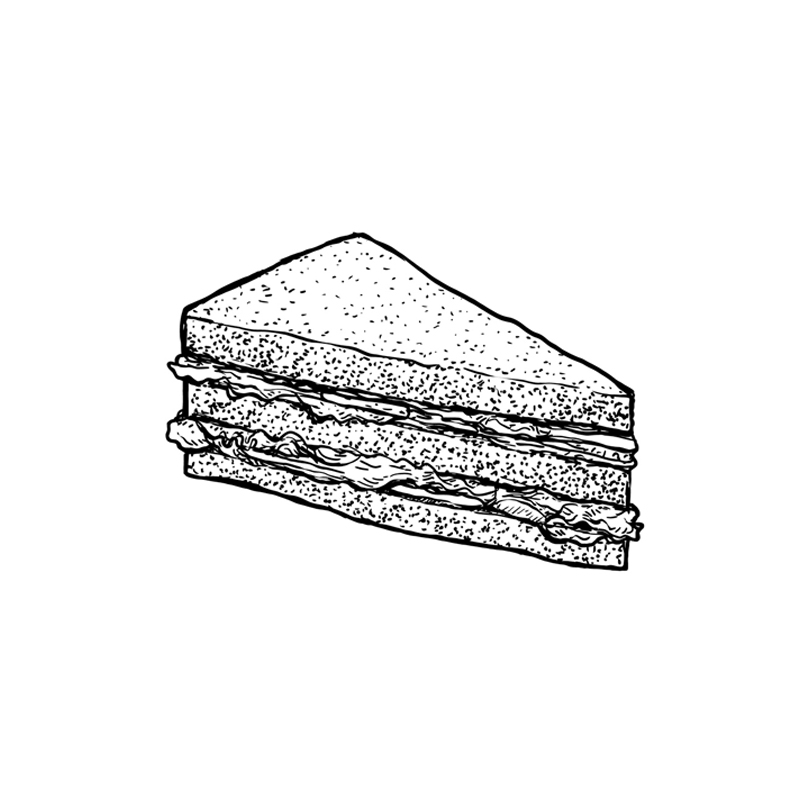 | Inside Out: Dina M. SchrohlDefinitely more adults per child, and perhaps a higher level of education in child development.
|
Outside In: Liza Gibbs FoxI don’t know that I would change anything! There are some cultural things, maybe; I get a little wary of their tendency towards what I would call “food ritual.”
And I think that for an American, there’s more of a focus on individuality. I wouldn’t trade what we have for anything else. There are so many positives. And I know that rules are routine are good for kids. So maybe I don’t agree with every single rule and routine that they have, but that’s okay.
Inside Out: Dina M. SchrohlDefinitely more adults per child, and perhaps a higher level of education in child development.
|
 Childcare in Denmark vs Other Countries
Childcare in Denmark vs Other Countries
If you have friends or family who live outside of Denmark who also have young children, how do you think your experiences with childcare differ from yours?
Outside In: Liza Gibbs FoxWhat jumps to mind is our friends in Sweden. They live in Malmö and play in a symphony; they’re Canadian and American. And interestingly, we’ve seen a difference between Sweden and Denmark with the daycare institutions. It’s been quite difficult for them sometimes.
In the USA, so much depends on the quality of the daycare, and it’s just much more uneven as far as the quality of care that you get. The nice thing in Denmark is that, while of course there are differences from place to place, there is a level of consistency here. I’m glad that we’re not trying to navigate childcare in the US. I understand why so many of my girlfriends there keep their kids home until they go to school. |
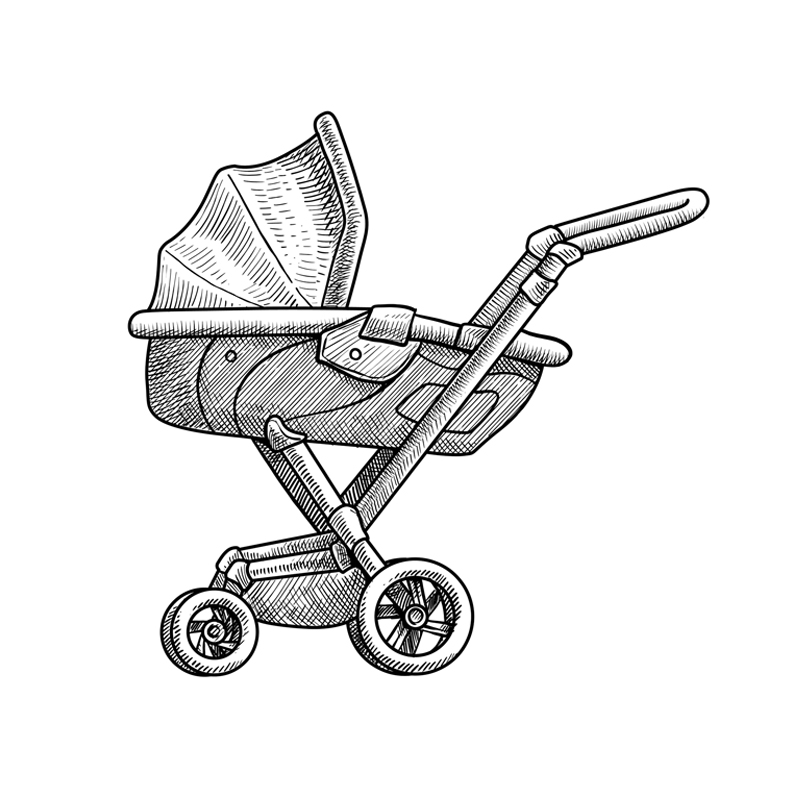 | Inside Out: Dina M. SchrohlA friend of mine was an au pair in in Paris. She would take the children to daycare, so I’ve seen a bit of the daycare system in France. And that’s why I mentioned playgrounds in an earlier question; the daycare in Paris didn’t have an outside playground, which I thought was really interesting.
I also have a friend in Great Britain who stayed home with her child; that seems more normal there. When her son turned two, he was still at home with her. Then she moved to Denmark when he was three or four and then we told her, well, you have to put him in daycare! She waited a year and then put him in daycare. So there was definitely a cultural difference there about how important daycare is. |
Outside In: Liza Gibbs FoxWhat jumps to mind is our friends in Sweden. They live in Malmö and play in a symphony; they’re Canadian and American. And interestingly, we’ve seen a difference between Sweden and Denmark with the daycare institutions. It’s been quite difficult for them sometimes.
In the USA, so much depends on the quality of the daycare, and it’s just much more uneven as far as the quality of care that you get. The nice thing in Denmark is that, while of course there are differences from place to place, there is a level of consistency here. I’m glad that we’re not trying to navigate childcare in the US. I understand why so many of my girlfriends there keep their kids home until they go to school.
Inside Out: Dina M. SchrohlA friend of mine was an au pair in in Paris. She would take the children to daycare, so I’ve seen a bit of the daycare system in France. And that’s why I mentioned playgrounds in an earlier question; the daycare in Paris didn’t have an outside playground, which I thought was really interesting.
I also have a friend in Great Britain who stayed home with her child; that seems more normal there. When her son turned two, he was still at home with her. Then she moved to Denmark when he was three or four and then we told her, well, you have to put him in daycare! She waited a year and then put him in daycare. So there was definitely a cultural difference there about how important daycare is.
|
Want more cultural perspectives? Read the Outside In series.
These interviews have been edited and condensed for clarity.
Header illustration by Nathings.
Line illustrations by Jenesesimre.

